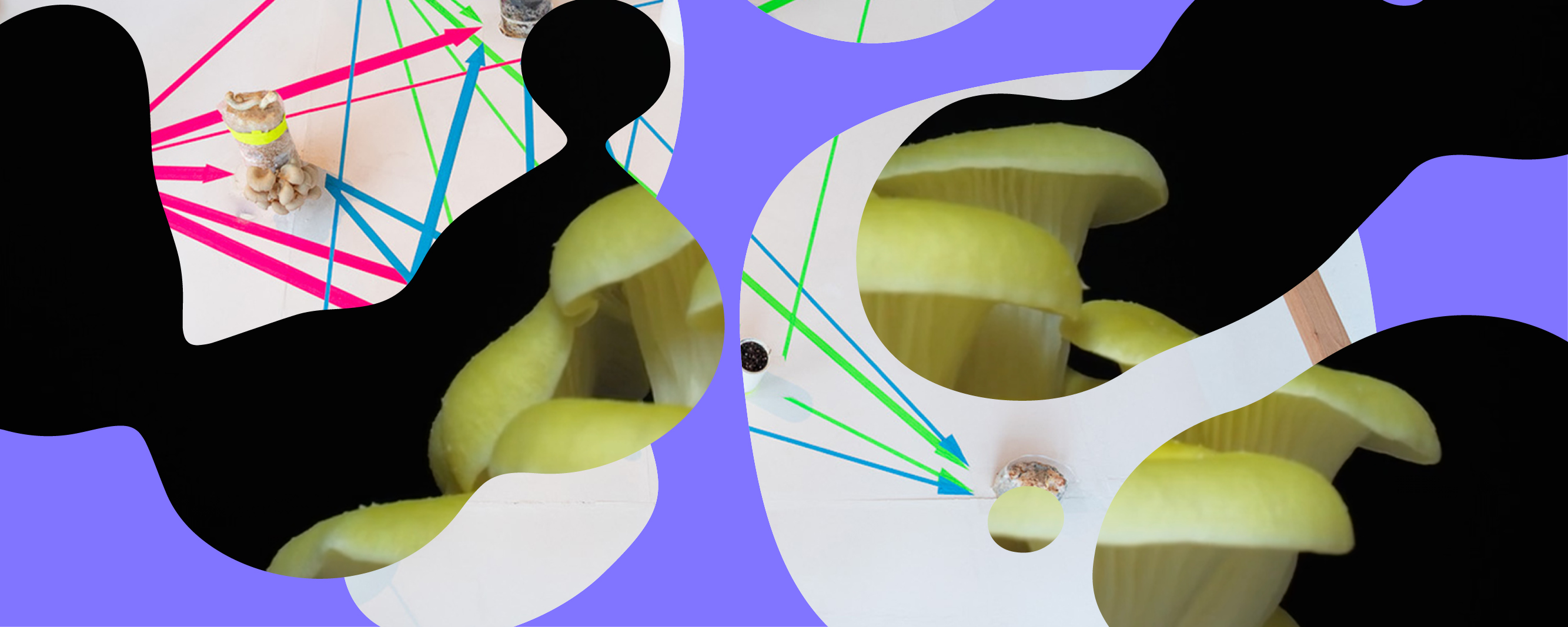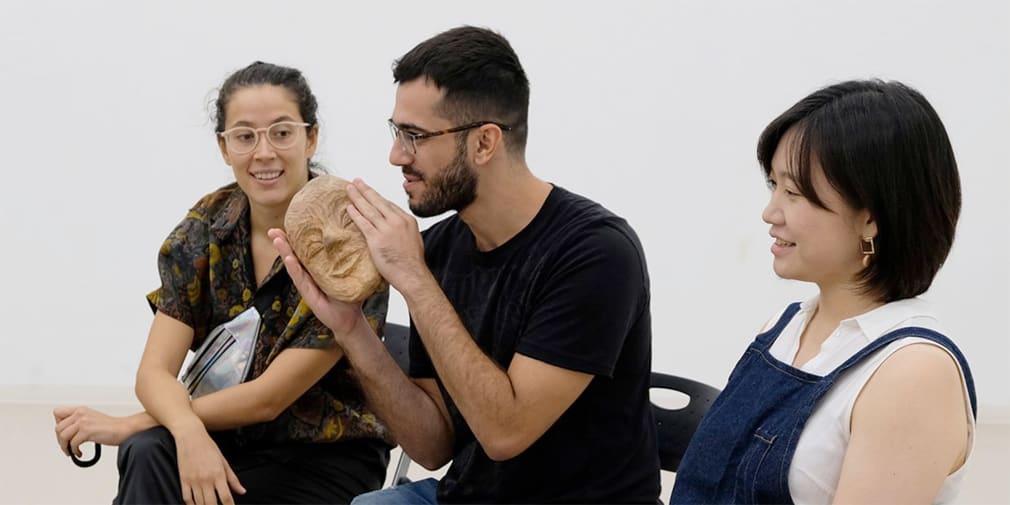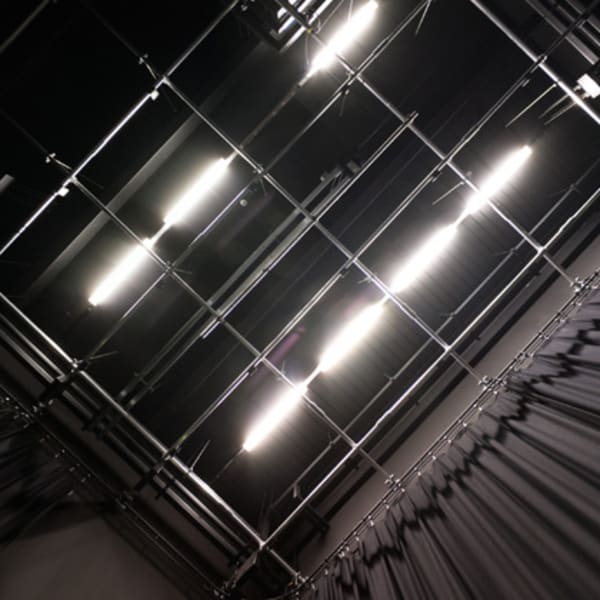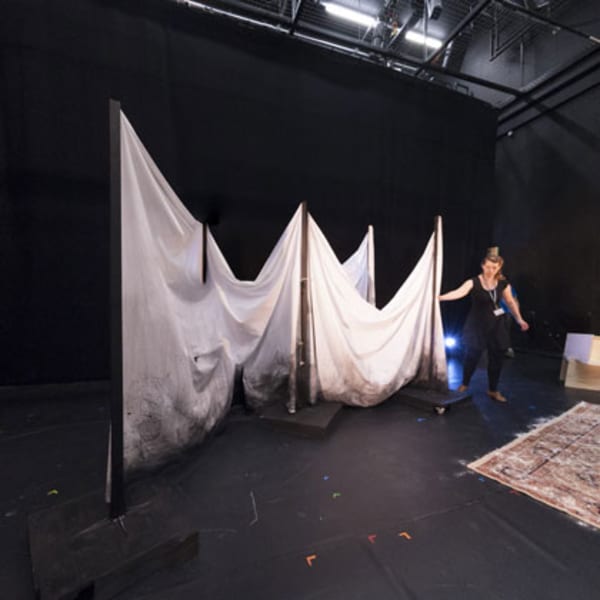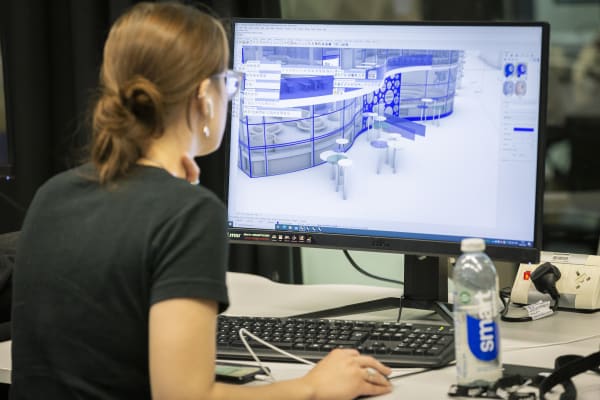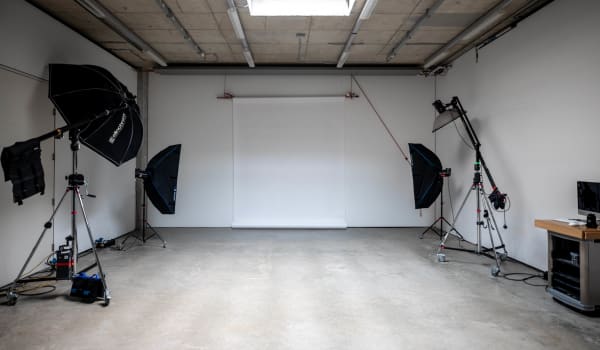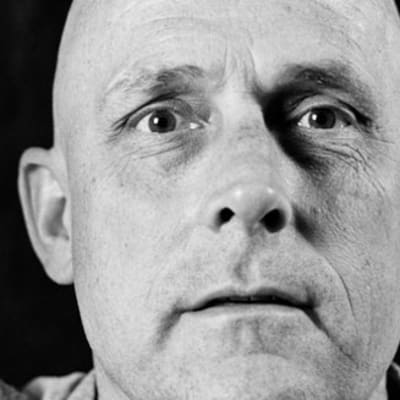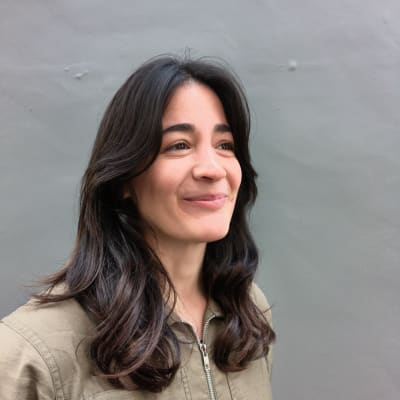Course units
The course is structured in three sections. Units 1, 2 and 3 challenge you to initiate critical discoveries for yourself, deconstruct existing interpretation and explore ethics from applied perspectives. Unit 4 focuses on reflection and reflective encounters that supports the consolidation of your intercultural learning to date and to open this up through cultural themes, including experimentation. Unit 5 prioritises processes and strategies for sharing, impact and practice research.
Unit 1: Curiosity and Place
This first unit explores your locality, your background, your place and your context. Unit 1 introduces you to the course’s culture and its emphasis on interdisciplinary, intergenerational and intercultural learning. You will get to know your peers, online learning environment and institutional context. Professional development anticipates the evolving focus and specialism of your distinct approach after graduation and the contribution you want to make.
Unit 2: Stuff of Cultures
Unit 2 asks you to appraise your own situation as a creative and critical practitioner, maker, and producer. Using a multimodal approach, you will map your positionality and develop a stronger sense of intersectionality through and for your intercultural practice. You will also exchange material with peers and work with this to create something new: an intercultural mixed form. This production invites you to negotiate culture, context and meaning. This unit promotes a sense of mutual empathy and curiosity. You will deepen your intercultural understanding by sharing the co-ordinates of your own culture(s) and working with the culture(s) of others.
Unit 3: Consideration and Collaboration
The focus for this unit is the consideration of ethical practices and intention. This centres on the thoughtfulness, care, reflection, and analysis required to work with others, both human and nonhuman. You will expand your intercultural practice by using dialogue to consider the role that relations play in the production of culture because cultures evolve through give and take. You will use practice research to create a conversation that reflects on dialogue an expression of intercultural practice.
Unit 4: Recollection and Experimentation
The coursework for Unit 4 prioritises content creation through storytelling. You will learn how to create clear but complex accounts that amplifies diverse - even dissonant - voices across mediums (e.g. text, images, sound). Critical thinking and creative experimentation work together in this storytelling.
This forty-credit unit spans two projects that complement each other to deepen and diversify your intercultural learning and practice.
Unit 5: Putting it into the World: Strategy and Dynamics
This unit supports you in presenting your practice or study and making your content public. The final major project is forward looking and propositional, consolidating the intercultural base of the course. This sixty-credit unit unfolds across two interdependent phases.
The final thirty credits of MA Intercultural Practices are forward looking as you consolidate your intercultural knowledge base and practice.
Important note concerning academic progression through your course: If you are required to retake a unit, you will need to cease further study on the course until you have passed the unit concerned. Once you have successfully passed this unit, you will be able to proceed onto the next unit. Retaking a unit might require you to take time out of study, which could affect other things such as student loans or the visa status for international students.
CSM Academic Support is delivered by a team of academics and practitioners working alongside your course to help you progress and achieve your maximum potential as a student. Academic Support can help you to develop your skills in different areas, including critical thinking, research and writing, time management, presentations and working independently and collaboratively. These may be offered as part of your timetabled classes or as bookable tutorials and workshops.
Mode of study
MA Intercultural Practices is delivered through distance learning with some low-residency in-person or intensive workshops. It is a part-time course over 84 weeks covering 22 months. The majority of the course teaching and learning will be experienced online both live and non-live) with some campus-based residential workshops. These are typically 2 weeks duration, held on-site at CSM. Intensive refers to the fact that they cover weekdays and weekends for the duration of the residential. These in-person residential workshops also offer the opportunity to share cultural influences, perspectives, and experiences that complexify intercultural practices.
You will be expected to commit 20 hours per week, which includes teaching time and independent study.
The course supports a dispersed community of students that may be based at distance and across global regions. Online delivery works successfully by managing student groups in relation to time zones and by developing records and documentation from teaching and co-operative learning. Carefully timed live sessions are supported with access to learning materials. Intensive periods of residential and online workshops are staged at regular points for community building and consolidating learning.
Credit and award requirements
The course is credit-rated at 180 credits.
On successfully completing the course, students will gain a Master of Arts (MA degree). Under the UK Framework for Higher Education Qualifications, an MA is Level 7. All units must be passed in order to achieve the MA but the classification of the award is derived from the mark for the final unit only.
If you are unable to continue on the course, a Postgraduate Certificate (PG Cert) will normally be offered following the successful completion of 60 credits, or a Postgraduate Diploma (PG Dip) following the successful completion of 120 credits.
